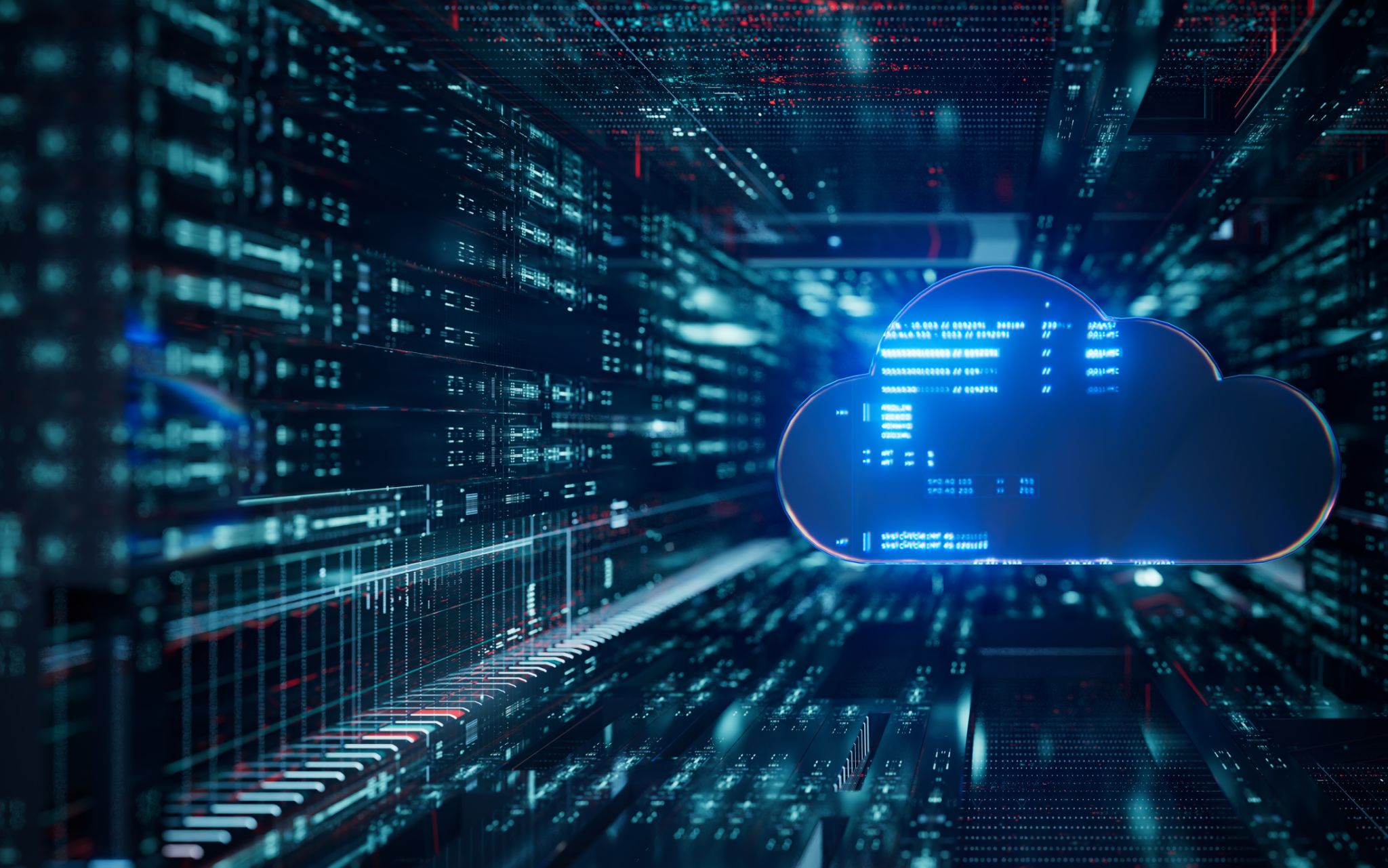Efficient ERP Solutions: Trends and Innovations Shaping the Industry
ME
Understanding the Evolution of ERP Solutions
Enterprise Resource Planning (ERP) systems have become indispensable tools for businesses aiming to streamline operations and enhance productivity. Over the years, these systems have evolved significantly, adapting to the changing needs of the industry and technological advancements. This evolution has led to the integration of more efficient features and functionalities, allowing businesses to stay competitive in a dynamic market.
Today, ERP solutions are not just about managing resources effectively but are also crucial in driving innovation and growth. As companies seek more agile solutions, ERP systems have expanded their capabilities to include advanced analytics, AI, and machine learning, offering deeper insights and enhanced decision-making capabilities.

Trends Driving the Future of ERP Systems
Several trends are shaping the future landscape of ERP solutions. One significant trend is the shift towards cloud-based ERP systems. Cloud technology offers scalability, flexibility, and cost-effectiveness, enabling businesses to access real-time data from anywhere, thus improving collaboration and efficiency.
Another trend is the increasing integration of AI and machine learning in ERP systems. These technologies automate repetitive tasks, provide predictive analytics, and improve decision-making processes. By leveraging AI, businesses can anticipate market trends and respond proactively.

The Role of Mobile Accessibility
Mobile accessibility in ERP systems is becoming increasingly important as more employees work remotely. Mobile ERP solutions allow users to access essential business data on-the-go, ensuring that decision-makers have the information they need at their fingertips. This mobility enhances productivity and enables faster response times to business challenges.
Furthermore, as businesses continue to globalize, having mobile-friendly ERP systems allows for seamless operations across different geographies, supporting a diverse and distributed workforce.
Innovations Enhancing ERP Efficiency
ERP systems are continuously being enhanced with new innovations that improve their efficiency and usability. One such innovation is the integration of Internet of Things (IoT) technologies. IoT enables ERP systems to collect data from various devices and sensors, providing businesses with comprehensive insights into operational efficiencies and potential areas for improvement.

Another innovation is the use of blockchain technology in ERP systems to enhance security and transparency. Blockchain ensures data integrity and provides a tamper-proof record of transactions, which is particularly beneficial for industries that require stringent compliance and audit trails.
The Importance of User Experience
User experience (UX) is playing a crucial role in the development of modern ERP systems. As these systems become more complex, ensuring that they remain user-friendly is paramount. Enhanced UX design focuses on simplifying interfaces, improving navigation, and making information more accessible, which helps in increasing user adoption and satisfaction.
Ultimately, a well-designed ERP system not only streamlines processes but also empowers users by providing them with intuitive tools that make their jobs easier and more efficient.
The Road Ahead for ERP Solutions
The future of ERP solutions looks promising with continuous advancements in technology. Businesses must stay abreast of these trends and innovations to leverage the full potential of their ERP systems. By adopting efficient and innovative ERP solutions, companies can not only optimize their operations but also gain a strategic edge in an increasingly competitive landscape.

As technology continues to evolve, so too will ERP solutions. By embracing these changes, businesses can ensure they are well-equipped to tackle future challenges while driving growth and success in their respective industries.
